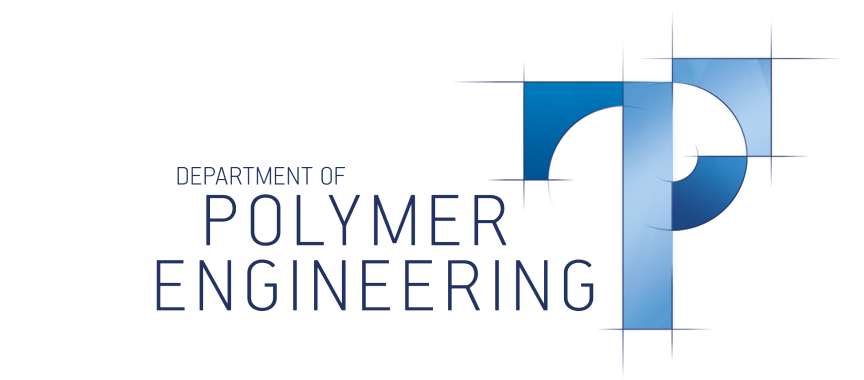Highly solvent-stable polyimide ultrafine fibrous membranes fabricated by a novel ultraviolet-assisted electrospinning technique via organo-soluble intrinsically negative photosensitive varnishes
L. Qi, C. Y. Guo, M. G. Huangfu, Y. Zhang, L. Wu, X. X. Zhi, J. G. Liu, X. M. Zhang
Vol. 15., No.1., Pages 72-87, 2021
DOI: 10.3144/expresspolymlett.2021.8
DOI: 10.3144/expresspolymlett.2021.8
ABSTRACT
A novel fabrication methodology for polyimide (PI) UFMs based on soluble PIs with high solvent durability was developed. As fiber-forming agents, a series of intrinsically negative photosensitive polyimides (PSPIs) with solubility in organic solvents were synthesized by the one-step thermal polymerization of 3,3′,4,4′-benzophenonetetracarboxylic dianhydride (BTDA) with three ortho-alkyl-substituted diamine monomers, namely, 3,3′,5,5′-tetramethyl-4,4′-diaminodiphenylmethane (TMMDA, for PI-1), 3,3′-dimethyl-5,5′-diethyl-4,4′-diaminodiphenylmethane (DMDEDA, for PI-2), and 3,3′,5,5′-tetraethyl-4,4′-diaminodiphenylmethane (TEMDA, for PI-3), respectively. Electrospun UFMs were prepared by both traditional electrospinning (PI UFMs) and the novel ultraviolet-assisted electrospinning (UVAES) method (PI-UV UFMs). The effects of the fabrication method on the physical and chemical properties of the electrospun UFMs were investigated systematically. High-efficiency photoinduced crosslinking reactions under ultraviolet (UV) radiation provided the PI-UV UFMs with considerable thermal dimensional stability with the 5% weight loss temperature over 440 °C. Meanwhile, the derived PI-UV UFMs showed excellent resistance against a polar aprotic solvent, N,N-dimethylacetamide (DMAc).



